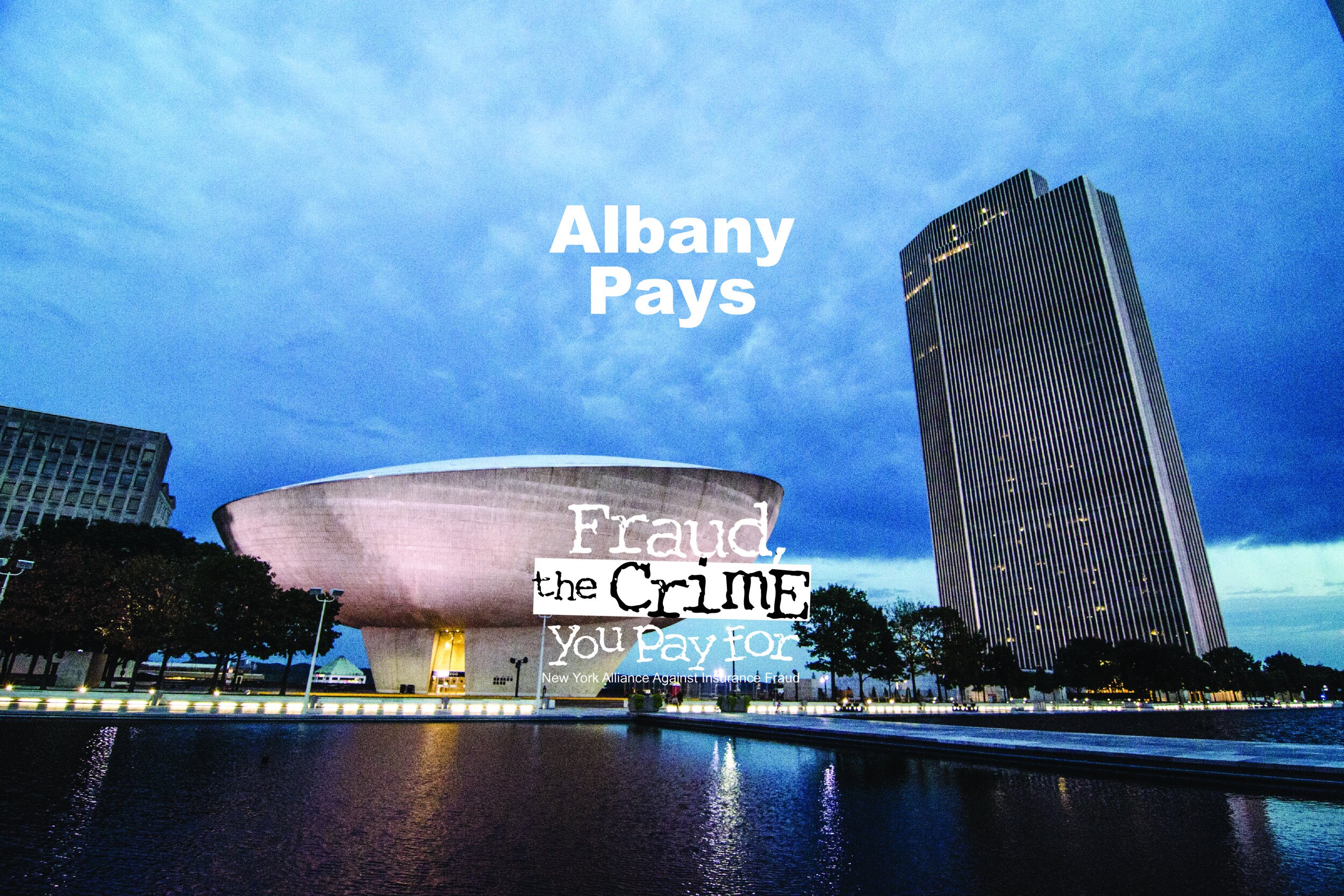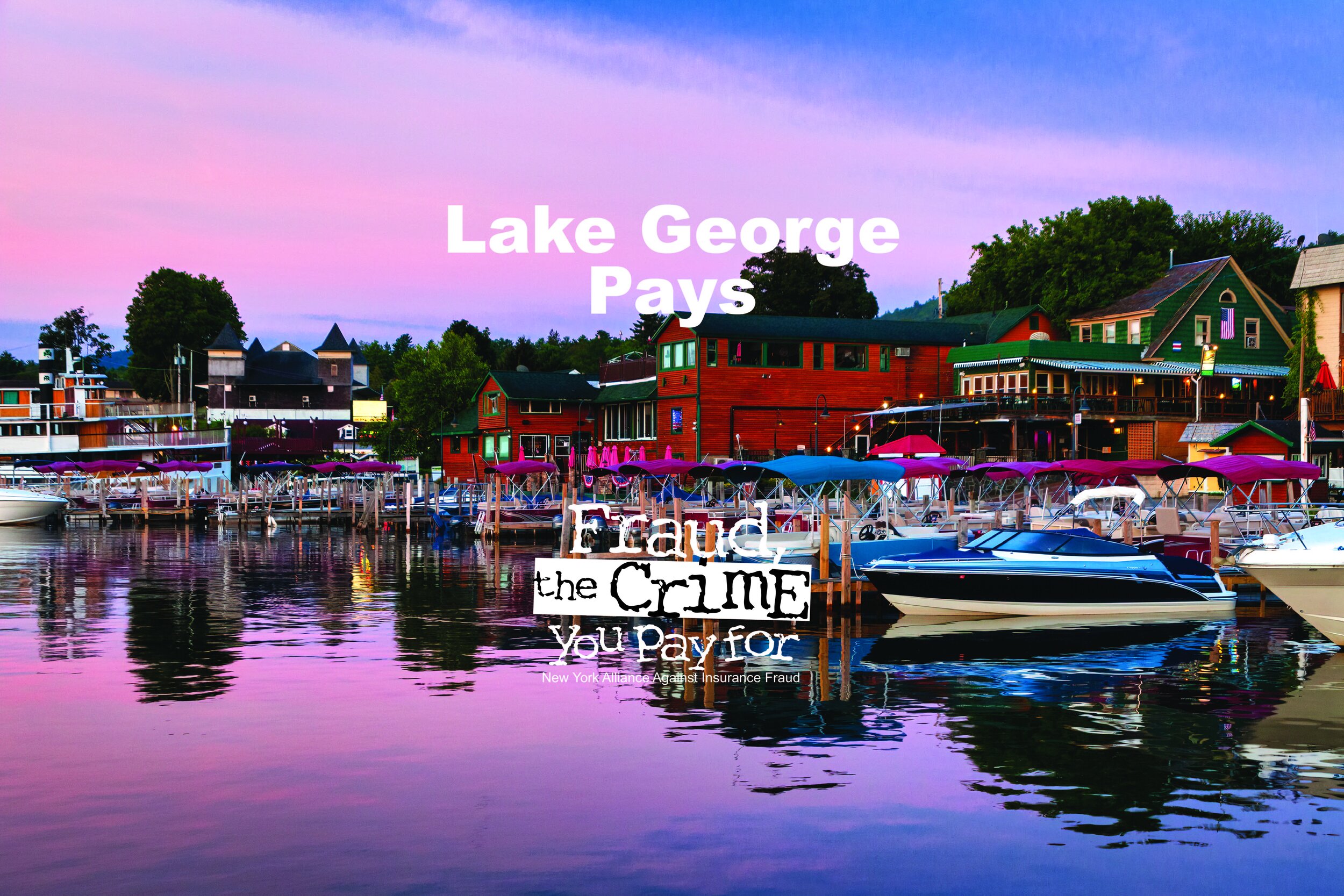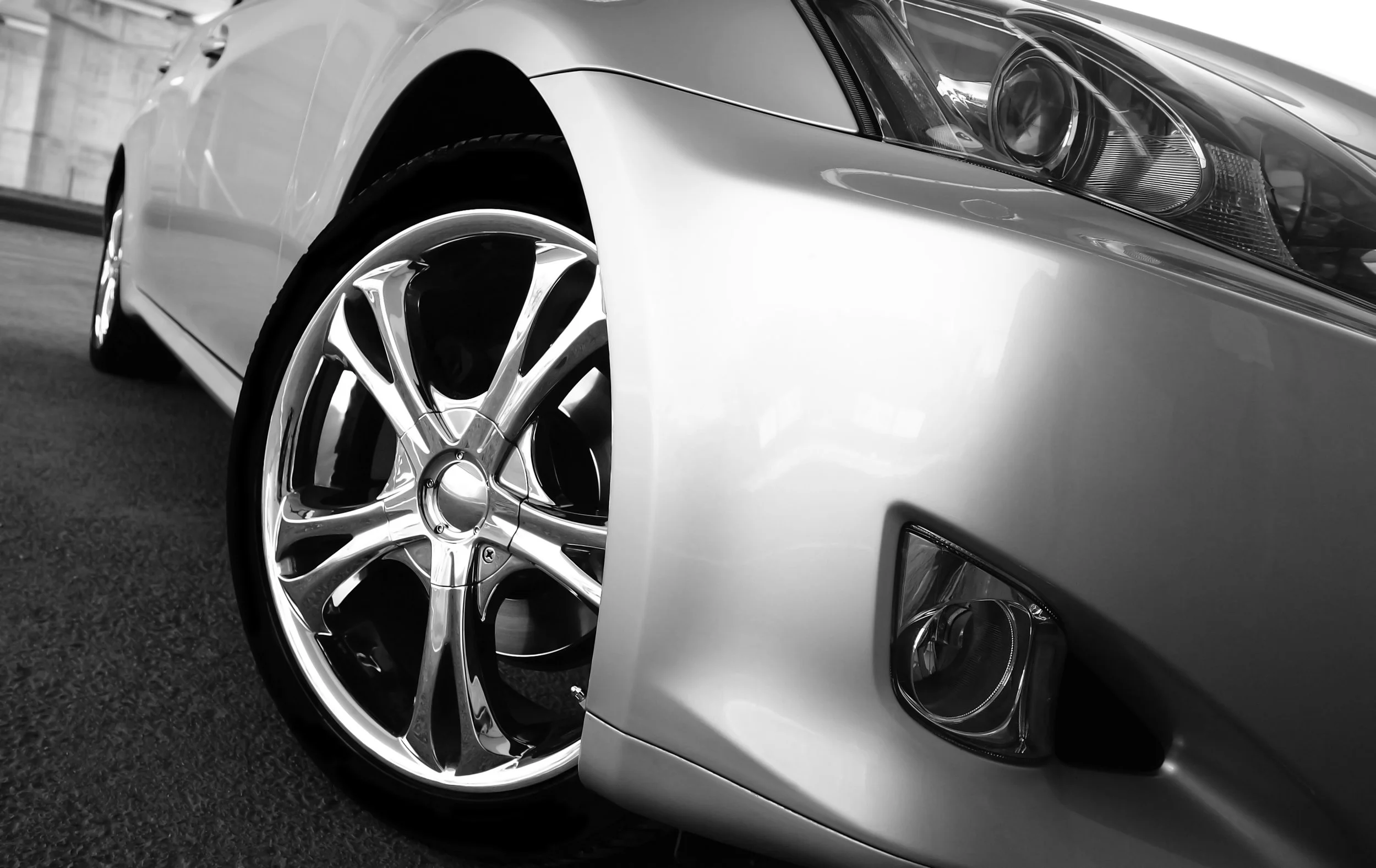Auto Fraud
Auto-related fraud is one of the costliest and most dangerous forms of insurance fraud. Dangerous because New Yorkers have been injured and killed by these scams.
-
You’re driving along. Another car careens across the lane and collides. Your airbags should protect you and your family. The airbags don’t deploy. They’re bogus.
The scams:
The pullout - Body shops insert a cheap knockoff airbag in place of your deployed one. Your insurer is billed for the real thing.
The switch - Body shops steal your un-deployed airbag to resell then insert a fake or even rags and trash to fill the void.
Used & salvaged vehicles - Scammers install bogus or no airbags in used or salvaged vehicles after being totaled in a flood or crash.
-
Fraudsters convince drivers they need a windshield repair or replacement when they don’t. Some glass firms bill for phantom windshield replacements, or replace undamaged windshields. Dishonest glass firms also convince consumers to sign an assignment of benefits (AOB) form. This gives the glass firm the legal right to file claims, make repairs and collect insurance payments. Firms are exploiting AOBs to inflate repair claims.
-
Body shops keep your vehicle running well, fix damage, and your car safe for the road. Most are honest, but watch for scammers.
Padding - Inflating repair bills beyond the original estimate or repairs for fake or unrelated damage.
Counterfeit parts - Installing counterfeit, used or substandard parts, while charging for new parts. These parts may fail while you’re on the road.
Shoddy or no work - Cutting corners or failing to do agreed to repairs..
-
Staged accidents injure or kill innocent victims and fleece auto insurers out of billions of dollars a year. Usually these are bogus soft-tissue injuries such as sore backs or whiplash involving billing for unneeded treatment of phantom injuries.
Panic Stop - is the most basic of the caused accidents. The suspect positions his vehicle in front of the victim's vehicle and slams on the brakes causing a rear-end collision. The victim driver has no warning that the accident is about to occur.
Drive Down - occurs when you try to merge into traffic or pull out of a parking space. The suspect driver waves you to proceed, then intentionally smashes into you. The suspect driver denies waving you on.
Hit and Run - occurs when a suspect driver uses a damaged vehicle, drives it to a public location and claims to be the victim of a hit and run. The police are often called to verify damage.
Sideswipe - occurs in a dual left turn lane of a busy intersection. The victim driver in the inside lane drifts into the outer lane and is intentionally hit by the suspect driver in the outer lane.
Swoop and Squat - occurs when the vehicle you are following is suddenly passed by another vehicle which "swoops" in front of it. This causes the vehicle in front of you to stop abruptly or "squat." As a result, you are unable to avoid colliding with the rear end of the squat vehicle. The swoop car races away, never to be seen again. The driver of the squat car submits vehicle damage and personal injury claims to your insurance company.
-
A bandit tow truck arrives minutes after a crash? Know how to steer clear of towing cons.
The scams:
Patrol towing - A tow-driver has a spotter who sees a car parked illegally. The driver takes your car to an impound lot.
Inflation - Charging fees far above your auto policy limits. You’re forced to pay out of pocket. Watch for inflated and suspicious fees — inspections, photos,,, administrative. .
Steering - You’re in a crash, and a tow mysteriously arrives. The driver be in cahoots with a dishonest body shop.
-
68% of consumers on average aren’t aware of various auto insurance fraud, from faulty windshield replacements to bandit tow truck.
Auto insurance fraud is underreported, as 29% of those who say they were victims never reported their suspicions.
72% of alleged fraud victims say their auto insurance premiums increased as a result. Premium increases are most likely to affect millennials, 78% of whom saw higher costs after being victims of fraud.
More than one-fifth of drivers lied to their insurer. 22% admit to lying to their auto insurer, most commonly by claiming damage to their vehicle but then pocketing the money intended for repairs, or by lying about their address or number of drivers to get a cheaper premium.
-
Deflating Airbag Schemes:
Does your dashboard light work? - When you start your vehicle, a dash light should flash if your airbag works. No light means a problem.
Invoice accurate - Check invoices to verify the body shop bought the airbag from a legitimate manufacturer or dealer.
Used and salvaged vehicles - Have a certified mechanic make sure the vehicle has working airbags — before you buy.
Avoid tampering - Don’t open the airbag compartment yourself — it might explode.
Report scams - Contact your auto insurer, law enforcement and state fraud bureau.
Auto Repairs:
Find a trusted shop -Ask for your insurer or others your trust to find a trusted body shop i. Are the technicians ASE-certified?
Written damage reports - These provide more details of your repairs than basic written estimates.
Deductible waivers - Refuse offers to recover or “waive” your insurance deductible. This is insurance fraud.
Bill higher than estimate? - Ask the shop to explain extra charges. All invoices should itemize work, parts, repairs and guarantees.
See a scam? - Notify the insurer covering the repairs, your state insurance fraud bureau and police if you suspect a scam.
Staged Accidents:
Never tailgate - Allow plenty of space between the vehicle in front. You have more time to stop safely.
Photograph the scene, vehicle damage and passengers.
Count passengers in the other vehicle. Get names, phone numbers and driver license.
How do they behave? - Are they fine, even joking, but suddenly act injured when police arrive?
Get a police report — even for minor damage.
Only see medical and legal providers you know and trust. Ignore strangers who steer you.
Notify your insurer, police and state insurance fraud bureau if you suspect a setup scam.
Towing:
Plan - Know your auto insurer’s roadside program or join a reputable plan. They know reputable towing firms and repair shops.
Lurkers - Never use a towing firm that just happens to show up. Ask police or your insurer for a reputable tow.
You Pick - Never let the tow truck driver choose the shop. Call your insurer or others you trust.
Read - Sign only the approval form authorizing your tow. The rest can wait.
Price - Make sure the towing firm gives you a price list up front detailing all fees.
Document - Insist the tow driver gives you a signed damage report at the accident scene..
Credit - Refuse to deal with a towing firm demanding cash.
Info - Never give the tow driver your insurance or other personal information.
Report - Notify your auto insurer, state insurance fraud bureau and police if you suspect a scam.
Most important of all, don’t commit insurance fraud and if you see it happening, report it.
And finally, pass our information along to everyone you know.
These costs are added to the prices you pay for everything! Checkout our 2019 TV commercial below.











